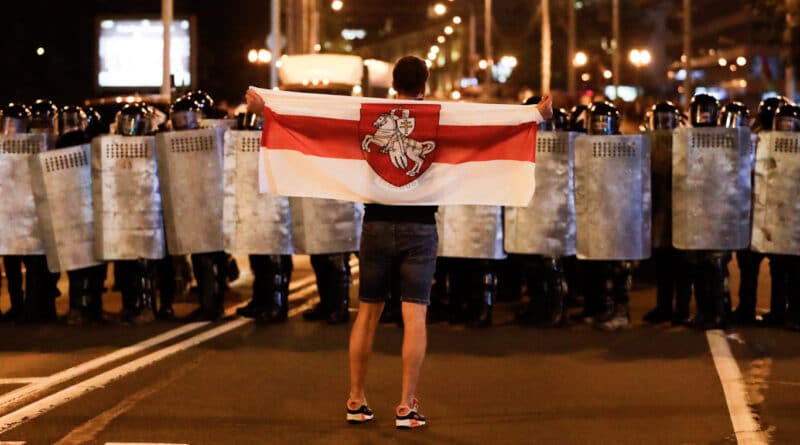Russia's aggression in Ukraine is already recognised as a a water-shed event: it might signal the return of naked imperialism, with all the brutality and violence it involves.
It may seem lazy to compare Putin to Hitler, but clearly there are key similarities. Like Hitler, Putin's mission has been to restore national pride and what he thinks is his nation's standing in the world. Like Hitler, in Putin's world it does not compute that exerting power does not necessarily rely on force, threat, or concessions.
The other similarities are that it seems that close to 70, Putin probably feels he has little time to accomplish his "mission". Like Hitler, Putin seems to be a gambler, which means he'd go for broke. And like Hitler, Putin's gambles in Chechnya, Syria, Crimea, so far have paid off, probably making him even more assured of his judgment. Like Hitler, it seems that Putin does not have real advisors around, but rather people that are selected based on their blind trust in him, or too acquiescent to raise any strong objection to his plans.
However, one of the reasons that many commentators seem to have overlooked in the process that led Putin to wage a war on Ukraine, may have a lot to do with the last elections in Belarus and its aftermath.
In those election, for a long while, it had seemed possible to see the deposition of Lukashenko and the establishment of something resembling a democratic government in Belarus. That people took the street must have scared the shit out of Putin, because a successful overthrown of a dictatorship at Putin's doorstep would have been noted by Russians.
The flying of flags by Belarus protesters that referenced the Polish-Lithuanian Commonwealth probably added to Putin's nightmares: here were people that he would consider Russians taking inspiration from a republic in the XVI and XVII centuries that was known for being multi-ethnic, built on consensus, and tolerant. Why were so many Jewish people living in Poland, Ukraine, and Belarus before the Holocaust? Because, while religious wars ravaged across Western Europe, the Polish-Lithuanian Commonwealth was tolerant of different religions and welcomed Jews (but also Muslim Tartars).
Despite the prospect of succeeding, the Belarus democracy movement had been violently repressed and stifled: it worked out well for Putin too, as Lukashenko, the aging Belarus dictator, realigned his policies and views to suit Putin. But Ukraine remained a thorn in Putin's side, a state that was increasingly democratic, aligned with Western views, and increasingly successful. As Belarus demonstrated, Ukraine's precedent was dangerous.
Dictatorships are intrinsically unstable, and Putin's might fear he has not built a system that can outlive him. Hence, a democratic state integrated in the EU view of consensus-based policy represents an existential threat to his idea of Russia. Hence his history essays that see Ukraine and other states as always Russian, denying any reference to the history of multinational and multi-faith mixture as well as all aspirations to openness and democracy.

